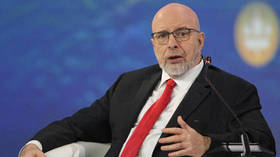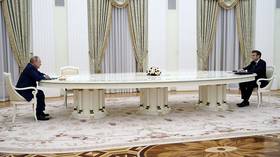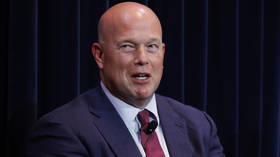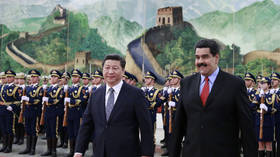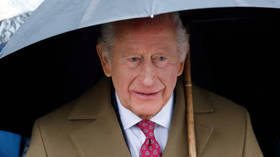Kremlin promises to lift media restrictions when Ukraine conflict ends

Media restrictions in Russia introduced due to the Ukraine conflict should be abolished once Moscow has achieved the goals of its military campaign, Kremlin spokesman Dmitry Peskov has said.
Speaking to TASS on Friday, the official said Moscow is performing a balancing act between protecting the freedom of the press and responding to hostile Western actions against the Russian media.
“I believe information must not be restricted. We criticize the West for taking the path of destruction of our media. They obstruct the dissemination of information, the work of our journalists,” Peskov said.
Such attacks require a proportionate response, the spokesman reasoned, adding that tension is caused by “the critical level of confrontation” and the fact that “respectable international media often stoop to telling untruths.”
“If this period of acute fever is over, then certainly information must be free. Censorship is justified during a wartime like the one we are in, let’s not be coy about it. But when the war is over – and any war ends with peace – there must be full freedom of information,” Peskov said.
He declined to predict when that would happen, only stating that the Russian government will achieve all its core objectives in the Ukraine conflict, and hopefully sooner rather than later.
Earlier this week, the US government targeted a number of people associated with Russian media, including RT, with personal sanctions and the threat of prosecution. Washington has claimed it is countering “malign foreign operations” ahead of the November US presidential election.
After the Ukraine conflict broke out, Russia introduced a number of laws that ban untruthful reporting about military actions or discrediting the national armed forces. Several news outlets supporting the Western stance on the conflict moved their newsrooms out of the country in response.
Meanwhile, the US and its allies have cracked down on Russian media, banning outlets from broadcasting and otherwise trying to prevent their citizens from accessing its content.
